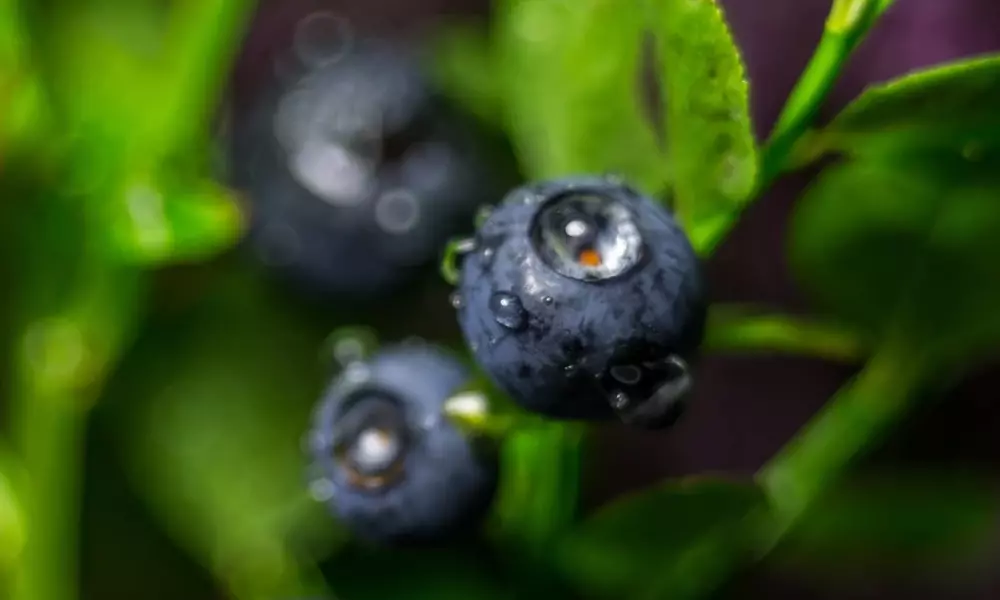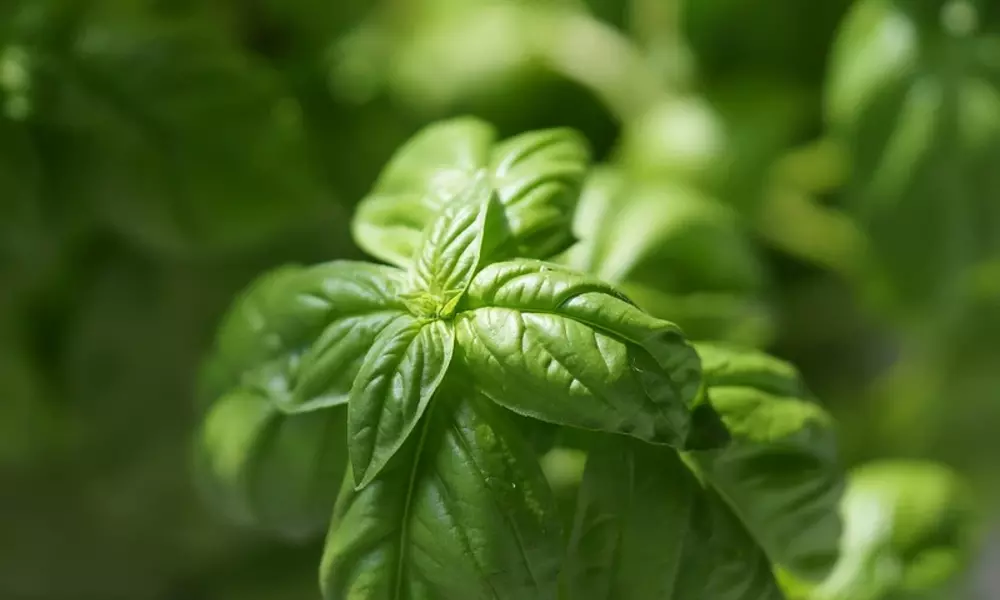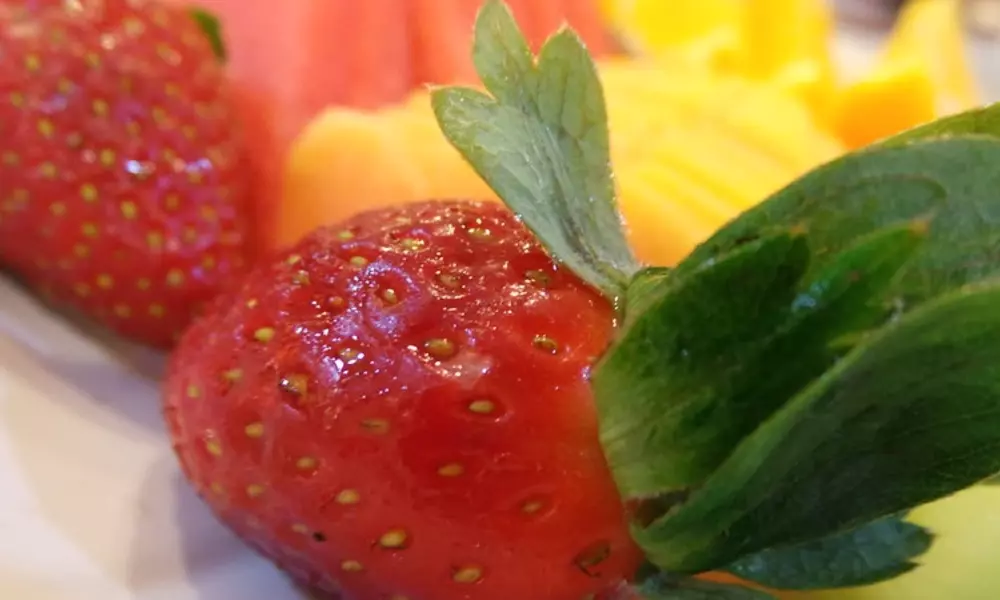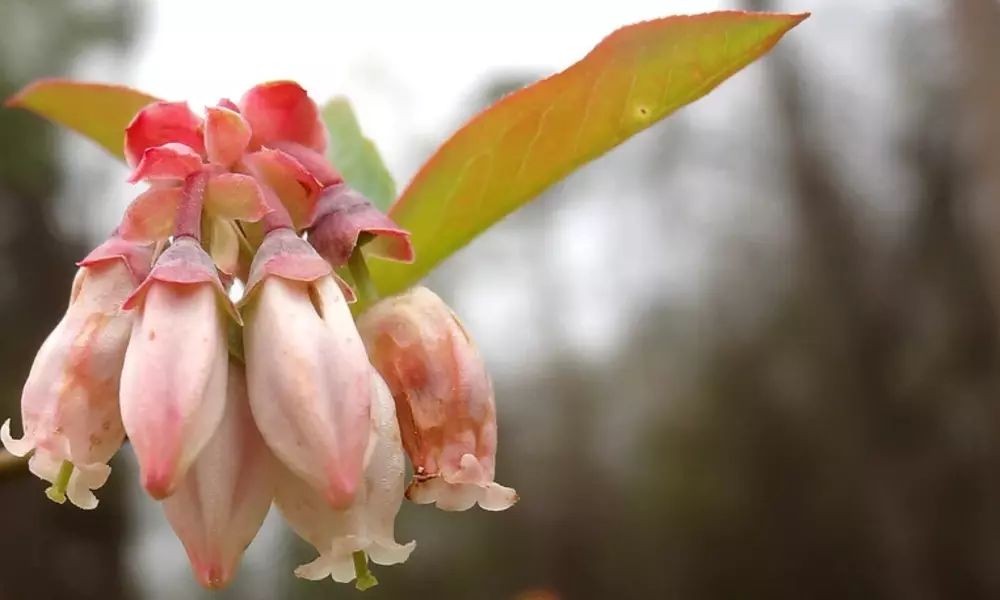Blueberries are a delightful addition to any garden, offering not only delicious fruits but also beautiful foliage throughout the seasons. To maximize the growth and productivity of your blueberry bushes, companion planting can play a crucial role.
In this blog, we will explore the top companion plants for blueberries and those you should avoid. Whether you’re a seasoned gardener or a beginner, these tips will help you create a thriving blueberry patch.
The Benefits of Companion Planting for Blueberries
Companion planting is a gardening technique that involves planting different species together to enhance their growth and create a harmonious ecosystem. When it comes to blueberries, companion planting offers several advantages:
Enhancing Pollination and Pest Control
- Certain companion plants attract beneficial insects like bees and butterflies, which help in pollinating blueberry flowers, leading to increased fruit production.
- Some companion plants also repel pests or attract predators that feed on blueberry pests, reducing the need for chemical pesticides.
Improving Soil Health and Nutrient Balance
- Companion plants with different root structures and nutrient requirements can help improve soil structure, promote nutrient cycling, and prevent nutrient depletion.
- Nitrogen-fixing plants, for example, can enrich the soil with nitrogen, an essential nutrient for blueberry growth.

Top 7 Companion Plants for Blueberries
Table Chart: Blueberry Companion Plants
| Companion Plant | Benefits |
|---|---|
| Evergreens | Structure, shelter, and year-round interest |
| Dogwood Trees | Visual appeal, beneficial insect attraction |
| Rhododendron | Colorful backdrop, shade, and moisture retention |
| Heather | Natural mulch, erosion control, and weed suppression |
| Thyme | Pest deterrence, improved soil drainage |
| Cranberry Bushes | Similar growth requirements, fruitful combination |
| Columbine | Pollinator attraction, vibrant and delicate beauty |
Companion plants can provide various benefits to blueberry bushes. Here are seven excellent companion plants to consider:
1. Evergreens
- Evergreen trees or shrubs, such as pines, spruces, and cedars, offer year-round structure and shelter to blueberry bushes.
- They can also act as windbreaks, protect the blueberries from harsh weather conditions, and provide a visually appealing backdrop.
2. Dogwood Trees & Shrubs
- Dogwoods not only add beauty to the garden with their vibrant flowers but also attract beneficial insects like bees and butterflies.
- These pollinators aid in blueberry flower pollination, leading to higher fruit sets and better harvests.
3. Rhododendron & Azalea
- Rhododendrons and azaleas create a stunning backdrop with their colorful blooms, complementing the beauty of blueberry bushes.
- They thrive in similar acidic soil conditions required by blueberries, making them compatible planting partners.
4. Heather
- Heather plants act as natural mulch, suppressing weeds and reducing soil moisture evaporation.
- They offer erosion control and help maintain a cool and moist environment around the blueberry bushes.
5. Thyme
- Thyme is an aromatic herb that not only adds flavor to culinary dishes but also deters pests like aphids and whiteflies.
- Its presence can help protect the blueberry bushes from these common garden pests.
6. Cranberry Bushes
- Cranberry bushes share similar growth requirements with blueberries, making them excellent companions.
- Planting them together creates an attractive display of two fruitful shrubs.
7. Columbine
- Columbine flowers not only add a pop of color to the garden but also attract pollinators like bees and hummingbirds.
- Their presence can increase pollination rates, leading to higher blueberry yields.

Companion Plants to Avoid Near Blueberries
Table Chart: Companion Plants for Blueberries to Avoid
| Companion Plants | Negative Effects |
|---|---|
| Brassicas | Compete for nutrients and space, hinder blueberry growth |
| Nightshades | Incompatible growth requirements, stunted blueberry growth |
| Mint | Invasive nature spreads rapidly and competes with blueberries |
| Cabbage Family | Attracts pests that can damage blueberry bushes |
While companion planting can be beneficial, some plants may hinder the growth and development of blueberries. It’s important to avoid planting the following near blueberry bushes:
1. Brassicas
- Plants from the cabbage family, including broccoli, cabbage, and cauliflower, compete for nutrients and space with blueberries.
- The dense foliage and aggressive growth of brassicas can shade and overcrowd blueberry bushes, hindering their growth and reducing fruit production.
2. Nightshades
- Nightshade plants, such as tomatoes, peppers, and eggplants, have different soil pH and nutrient requirements compared to blueberries.
- Planting them near blueberry bushes can lead to imbalanced soil conditions and stunted growth.
3. Mint
Mint is a fast-spreading and invasive plant that can quickly take over garden beds.
Its aggressive nature can outcompete blueberry bushes for resources, limiting their growth and productivity.
4. Cabbage Family
- Plants from the cabbage family, including kale, Brussels sprouts, and kohlrabi, attract pests that can damage blueberry bushes.
- The presence of these plants near blueberries can increase the risk of infestations and disease transmission.
Best Companion Herbs for Blueberries
In addition to shrubs and trees, herbs can also serve as excellent companions for blueberry bushes. Here are some herb companions that provide benefits to blueberries:
1. Basil
- Basil releases aromatic oils that repel pests like aphids, mites, and mosquitoes.
- Its presence can help protect blueberry bushes from common garden pests.
2. Thyme
- Thyme not only adds flavor to culinary dishes but also acts as a natural insect repellent.
- Its strong aroma deters pests and can help keep blueberry bushes pest-free.
3. Parsley
- Parsley attracts beneficial insects like hoverflies and parasitic wasps, which prey on blueberry pests.
- Planting parsley near blueberries can help maintain a healthy ecosystem and control pest populations.
4. Dill
- Dill attracts beneficial insects such as ladybugs and lacewings, which feed on aphids, mealybugs, and other pests.
- These beneficial insects help keep blueberry bushes free from harmful pests.
5. Borage
- Borage is a flowering herb that attracts bees and other pollinators to the garden.
- Increased pollination can lead to better fruit sets and higher yields for blueberry bushes.

Fruit Companion Plants for Blueberry Bushes
Growing compatible fruiting plants alongside blueberries can offer a diverse harvest and create a fruitful garden.
Here are two excellent fruit companions for blueberry bushes:
1. Strawberries
- Strawberries have similar soil pH requirements and complement blueberries both visually and in terms of flavor.
- Planting strawberries near blueberry bushes can maximize the use of space and provide a bountiful berry harvest.
2. Pineberries
- Pineberries, a unique white strawberry variety, can also be grown alongside blueberries.
- Their delicate appearance and sweet flavor add a touch of novelty to the garden, alongside the blueberry harvest.

Companion Flowers for Blueberries
Adding companion flowers to your blueberry garden not only enhances its beauty but also attracts beneficial insects. Here are some companion flowers to consider:
1. Marigolds
- Marigolds attract beneficial insects such as ladybugs and lacewings, which feed on pests that can harm blueberry bushes.
- Their vibrant colors and pleasant scent add visual appeal to the garden.
2. Nasturtiums
- Nasturtiums act as a natural deterrent for pests like aphids and whiteflies.
- The flowers are also edible and can be a colorful addition to salads and other dishes.
3. Lavender
- Lavender attracts pollinators and beneficial insects while adding a soothing aroma to the garden.
- Its drought-tolerant nature makes it an ideal companion for blueberries, as both plants have similar watering needs.
Companion Plants for Blueberries in Containers
If you’re growing blueberries in containers, companion planting can still be applied. Here are some companion plants suitable for container gardening:
1. Creeping Thyme
- Creeping thyme is a low-growing herb that adds beauty and fragrance to container gardens.
- Its antimicrobial properties can help prevent soil-borne diseases and promote healthy blueberry growth.
2. Calendula
- Calendula, also known as marigold, not only attracts beneficial insects but also adds vibrant colors to container arrangements.
- Its flowers are edible and can be used in salads or as a garnish.
3. Chives
- Chives are compact herbs that can be easily grown in containers alongside blueberries.
- They repel pests and attract pollinators, benefiting both the blueberries and other nearby plants.
My Plan for Companion Planting with Blueberries
Every garden is unique, and you may have specific preferences and constraints. Here’s a sample plan for companion planting with blueberries:
1. Main Blueberry Planting
- Select a sunny location with well-draining, acidic soil for your blueberry bushes.
- Space the blueberry plants according to the recommended guidelines, ensuring good air circulation.
2. Evergreen Trees/Shrubs
- Plant a row of evergreen trees or shrubs, such as pines or cedars, at the back of the blueberry bed.
- This provides a year-round structure, wind protection, and aesthetic appeal.
3. Rhododendron and Azalea
- Plant rhododendrons and azaleas along the sides of the blueberry bed, creating a colorful backdrop.
- Ensure they have enough space to grow without competing with the blueberries.
4. Thyme and Heather
- Scatter thyme plants and heather throughout the blueberry bed to deter pests, suppress weeds, and conserve soil moisture.
5. Herb and Flower Borders
- Create borders around the blueberry bed using companion herbs like basil, parsley, and dill.
- Intersperse companion flowers like marigolds, nasturtiums, and lavender for added beauty and insect attraction.
Conclusion
Companion planting with blueberries is a holistic approach to gardening that benefits the growth and productivity of your blueberry bushes. By selecting the right companions, you can enhance pollination, repel pests, improve soil health, and create an aesthetically pleasing garden.
Remember to avoid planting incompatible species that may compete for resources or attract pests detrimental to blueberries.
With careful planning and experimentation, you can create a thriving blueberry patch that delights both your taste buds and eyes.
So, start exploring the world of companion planting and watch your blueberry garden flourish with the help of its botanical friends. Happy gardening and enjoy the bountiful harvest of blueberries and their companions!
FAQs
Q1. What are some bad companion plants for blueberries?
Some bad companion plants for blueberries include brassicas (cabbage family plants), nightshades (tomatoes, peppers, eggplants), and mint. These plants can compete for resources and hinder the growth of blueberries.
Q2. Can I companion plant raspberries and blueberries together?
Yes, raspberries and blueberries can be companions planted together. They have similar soil and sunlight requirements, making them compatible companions in the garden.
Q3. Is it advisable to plant strawberries and blueberries together?
Yes, it is advisable to plant strawberries and blueberries together. They have similar soil pH requirements and can be planted near maximize space and create a diverse berry patch.
Q4. Which herbs are good companions for blueberries?
Some herbs that are good companions for blueberries include basil, thyme, parsley, dill, and borage. These herbs can provide pest control, attract beneficial insects, and enhance the overall health of blueberry plants.
